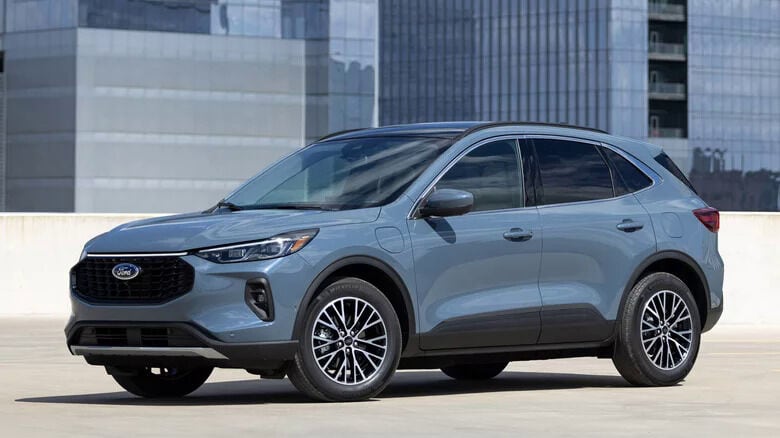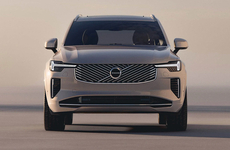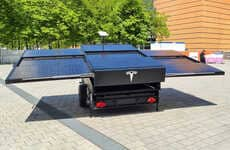
The 2023 Ford Escape Plug-In Hybrid Offers 37-Miles of Electric Range
Michael Hemsworth — October 26, 2022 — Autos
The 2023 Ford Escape Plug-In Hybrid has been unveiled as the brand's latest take on its SUV model that promises to deliver impressive capabilities in a stylish form. The SUV model is characterized by its plug-in hybrid electric vehicle (PHEV) design that's targeted towards consumers not quite ready to make the push to an all-electric model. The vehicle thus features support for Level 1 and Level 2 charging, and will deliver 37-miles of all-electric range.
The 2023 Ford Escape Plug-In Hybrid will be built at the brand's Louisville, Kentucky plant and is expected to arrive at dealerships something early into 2023. The vehicle will be priced at $39,995 with additional models also being offered to provide drivers with an array of robust options to consider.
The 2023 Ford Escape Plug-In Hybrid will be built at the brand's Louisville, Kentucky plant and is expected to arrive at dealerships something early into 2023. The vehicle will be priced at $39,995 with additional models also being offered to provide drivers with an array of robust options to consider.
Trend Themes
1. PHEV Suvs - Plug-in hybrid electric vehicle (PHEV) SUVs are becoming increasingly popular among consumers who are not yet ready to switch to all-electric models, creating opportunities for automakers to innovate in this segment.
2. Level 1 and Level 2 Charging - Support for Level 1 and Level 2 charging in PHEV SUVs provides an opportunity for companies to focus on the development of faster and more efficient charging technologies.
3. Increased Electric Range - Increasing the all-electric range of PHEV SUVs, such as the 2023 Ford Escape Plug-In Hybrid, can lead to more widespread adoption of electric vehicles and presents an opportunity for automakers to improve battery technology.
Industry Implications
1. Automotive - Automakers can continue to innovate by developing more PHEV SUV models and improving charging technologies.
2. Energy - The growing popularity of PHEV SUVs presents opportunities for energy companies to develop and invest in charging infrastructure and renewable energy sources to power these vehicles.
3. Technology - Advancements in electric vehicle technology and battery development are needed to increase the all-electric range of PHEV SUVs and to continue to make them a more viable option for consumers.
4.9
Score
Popularity
Activity
Freshness























